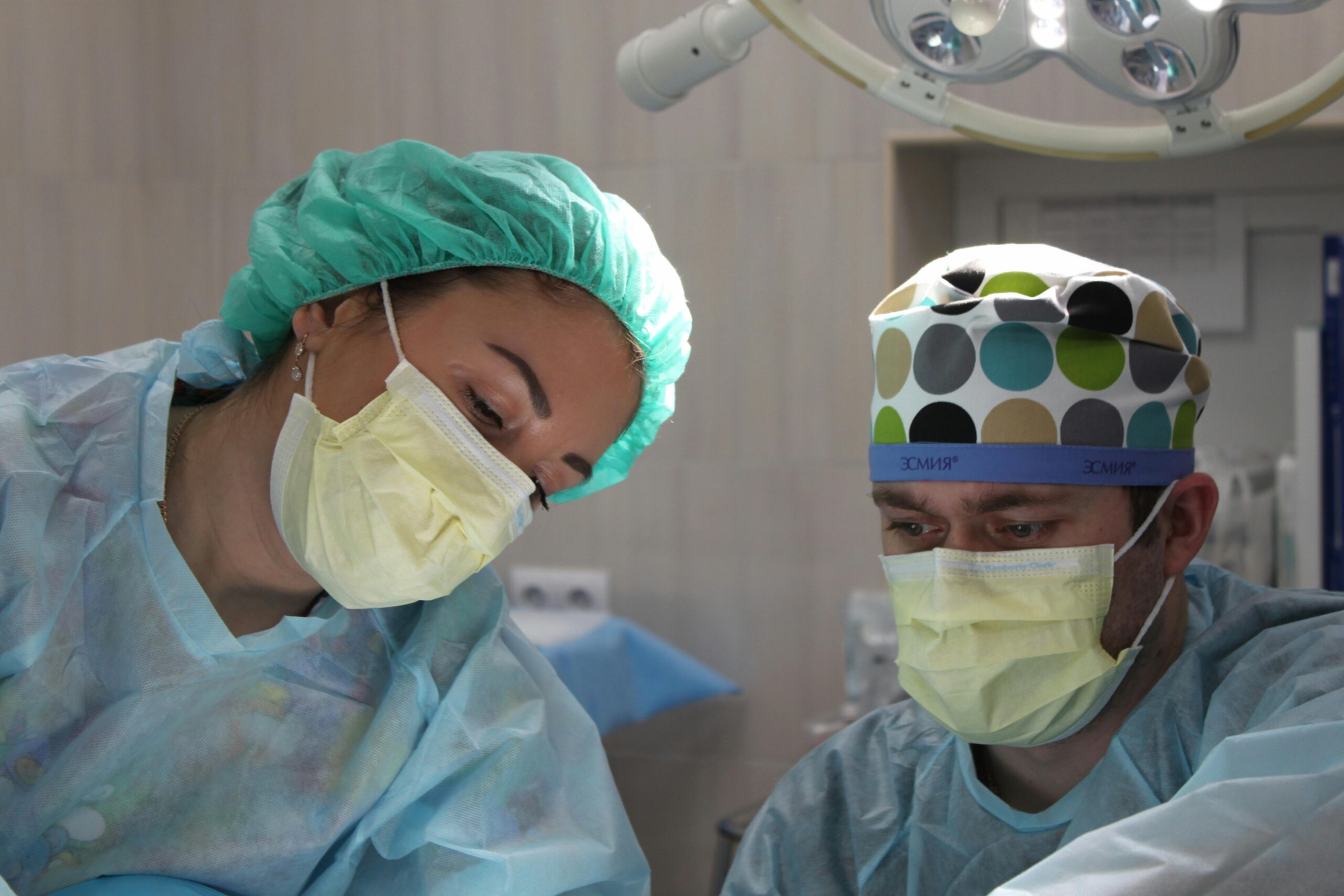El dolor articular limita su participación en la vida. Afecta a las actividades cotidianas y restringe tus opciones.

Severe elbow pain makes basic daily activities like bathing and dressing a challenge, let alone pastimes like golf, tennis, swimming, or gardening. If you’re considering elbow surgery, you likely have questions: Is there a alternativa natural? Is elbow surgery painful? And how much does an elbow surgery cost? The answer to each question depends upon the nature of the injury and the type of surgery required to repair it.

Many factors account for the average cost of elbow surgery. Your insurance coverage significantly affects the costs you will face, as does the type of surgery you need. Minimally invasive arthroscopic surgery is a more sophisticated and expensive technique than open surgery. However, because arthroscopy is less damaging and painful, patients are typically discharged more quickly, thereby reducing the overall costs of the procedure.
The costs of elbow surgery also include the surgeon’s fees, anesthesia fees, and facility fees. These costs then depend upon the surgeon’s expertise, experience, and board certifications, as well as the type of facility. A full hospital will be more expensive than an outpatient surgical center, and geographical location matters as well.
When investigating how much elbow surgery costs, you must also factor in the costs of imaging, lab work, pain techniques and medications, and physical therapy.
The average cost of elbow surgery for many common procedures varies widely. Depending upon the nature of the injury and the type of surgery planned to repair it, tennis elbow surgery can cost well over $40,000 before accounting for potential infections, scarring, lost work, or complications.
The cost of any specific elbow surgery will be impacted by the factors described above, as well as the patient’s age, general state of health, and any problems that arise.

If you have insurance, the share of the cost you’ll pay should be much lower than the cash prices discussed above. But the details of your specific insurance policy make an enormous difference. Your policy likely covers more for medically necessary procedures than for elective surgeries, if the latter are covered at all. Contact your insurance carrier to discuss the specifics of your planned surgery and insurance coverage.
When analyzing your insurance coverage, you will need to learn about the following costs:
To minimize your out-of-pocket expenses, ensure your surgeon and facility are in-network, and seek prior authorization for the procedure from your insurance carrier.
Medical loans are unsecured personal loans used only to pay medical care costs. Banks, credit unions, and online lenders offer medical loans, with the costs and terms based on your credit score.
Another payment option is a medical credit card, like CareCredit. These credit cards can be used for one-time medical costs or ongoing treatments. Interest rates are high, so choose wisely.
To further mitigate the costs, investigate whether supplementary insurance policies or health savings accounts (HSAs) can be used to cover any portion. Also, consider asking about payment options or financial assistance programs offered by the surgical center.
Another way to maximize your savings is to hire a medical billing advocate, a professional expert who reviews your medical bills line by line to search for any billing errors or irregularities (both common and expensive). Some services only charge you a percentage of the money they save you.
After learning how much elbow surgery costs, many are eager for non-surgical alternatives. QC Kinetix specializes in regenerative treatment for elbow pain that bypasses surgery, drugs, scarring, lost work time, and extensive recovery. Our biologic treatments harness your body’s natural healing mechanisms and direct them to the source of your pain. Our treatments are designed to help alleviate elbow pain, improve mobility, and restore function so you can reclaim your quality of life.
Learn why regenerative medicine works for tennis elbow and other painful elbow conditions. Then, contact your clínica local QC Kinetix for your free consultation to learn what regenerative healing can do for you.
After elbow surgery, expect pain and stiffness for the first few weeks. The most severe pain begins to subside after the first two weeks.
Recovery times following elbow surgery vary by the procedure and the individual. However, most people can resume daily activities within two to six weeks. Most people return to work in three to 12 weeks. In four to six months, a return to sports is often possible, although using a brace for some activities may be required.
Depending upon the procedure, the surgeon, and the patient, elbow surgery may be performed using general anesthesia or a nerve block. When a nerve block is used, the patient remains awake but pain-free.

El dolor articular limita su participación en la vida. Afecta a las actividades cotidianas y restringe tus opciones.


Los suplementos para la salud articular y ósea QC Kinetix ayudan a su organismo a reparar y renovar los tejidos articulares lesionados, incluidos cartílagos, ligamentos y tendones, al tiempo que reducen la inflamación de las bursas. A diferencia de los esteroides o productos farmacéuticos, nuestros suplementos para las articulaciones trabajan con su cuerpo para promover la curación.
Los suplementos pueden mejorar la salud general de las articulaciones como parte de un programa general de mantenimiento físico. Sin embargo, son especialmente valiosos para tratar las articulaciones dañadas o inflamadas y dolorosas. La Arthritis Foundation considera que los suplementos para la salud de las articulaciones son prometedores para aliviar el dolor, la rigidez y otros síntomas de la artritis.

*Fill out the form below, and an expert will reach out to you shortly. All fields must be completed.
*Por favor permita 30-60 minutos de tiempo asignado para reunirse con un especialista para determinar si usted es un candidato para nuestros servicios. Los exámenes están incluidos y son gratuitos.

QC Kinetix (Cary)
QC Kinetix (Clayton)
QC Kinetix (Raleigh)
QC Kinetix (Wake Forest)